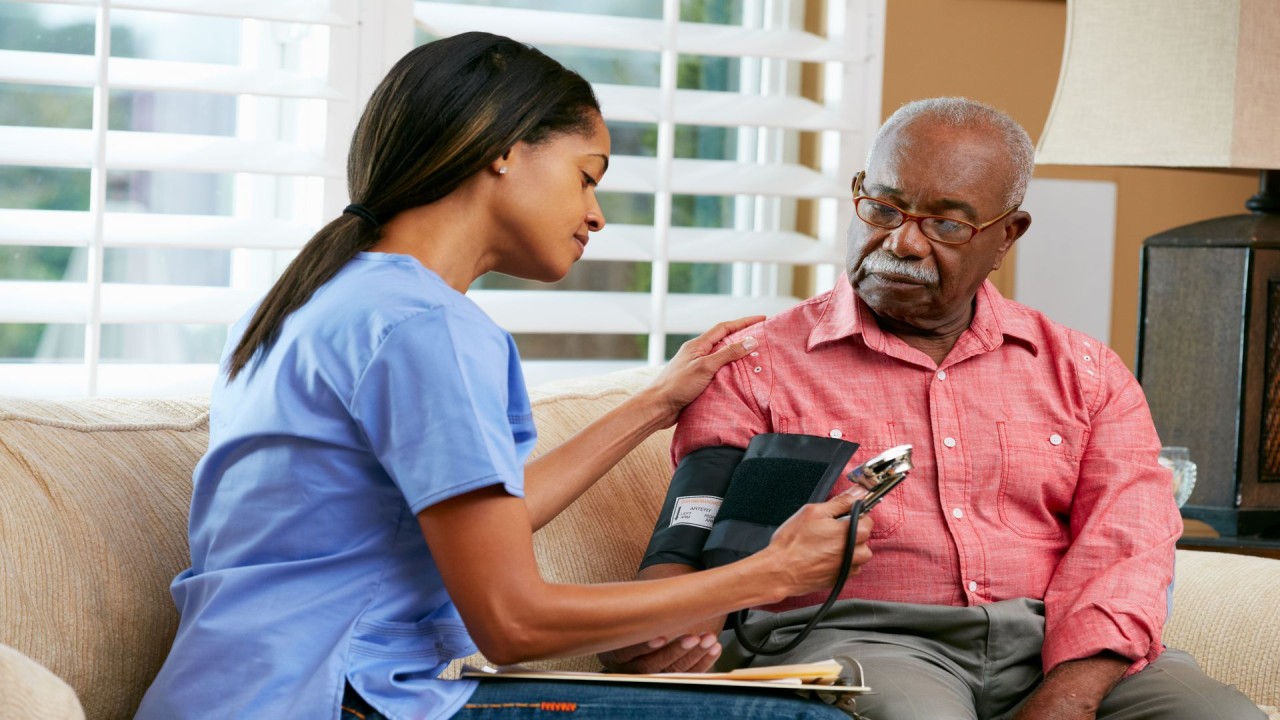Technology has revolutionized various aspects of our lives, and the field of healthcare is no exception. In the realm of home health care, technology plays a crucial role in improving patient outcomes, enhancing communication, and increasing efficiency. From remote monitoring devices to telehealth platforms, innovative technological solutions are transforming the way home health care is delivered. In this article, we will explore the role of technology in home health care, highlighting its innovations and the benefits it brings to patients, caregivers, and healthcare providers.
- Remote Monitoring Devices: Remote monitoring devices have significantly impacted the delivery of home health care. These devices, such as wearable sensors and smart home technology, allow healthcare providers to monitor patients’ vital signs, activity levels, and medication adherence remotely. By continuously collecting and analyzing data, healthcare professionals can identify potential health concerns, intervene promptly, and prevent complications. Remote monitoring devices enhance patient safety, enable early intervention, and provide peace of mind for both patients and their caregivers.
- Telehealth and Virtual Visits: Telehealth platforms have transformed the way healthcare is delivered, especially in home health care settings. Telehealth enables patients to connect with healthcare providers through video calls, voice calls, or secure messaging. This technology eliminates the need for in-person visits, particularly for routine check-ups, follow-ups, or non-urgent consultations. Telehealth allows patients to receive timely care, regardless of their location, and reduces travel time and expenses. It also improves access to healthcare services, especially for individuals in remote areas or those with limited mobility.
- Mobile Applications and Personal Health Records: Mobile applications and personal health records empower patients to actively participate in their own care. These applications allow individuals to track their health metrics, record symptoms, monitor medications, and access educational resources. By having access to their health information at their fingertips, patients can make informed decisions, communicate effectively with their healthcare providers, and actively engage in self-management. Mobile applications and personal health records promote patient empowerment, foster better communication, and enhance overall healthcare outcomes.
- Medication Management Systems: Technology has revolutionized medication management in home health care. Automated medication dispensers and reminder systems help patients adhere to their medication schedules, reducing the risk of medication errors and missed doses. These systems provide audible reminders, dispense medications at specified times, and even send alerts to caregivers or healthcare providers if medication is not taken as prescribed. By promoting medication adherence, technology improves patient safety and medication effectiveness, ultimately leading to better health outcomes.
- Electronic Health Records and Care Coordination: Electronic health records (EHRs) streamline the documentation and sharing of patient information among healthcare providers involved in home health care. EHRs enable secure and efficient exchange of medical records, ensuring that all members of the care team have access to the most up-to-date information. This promotes seamless care coordination, reduces redundancies, and minimizes errors. By having a comprehensive view of the patient’s health history, healthcare providers can make informed decisions, enhance collaboration, and deliver more effective and personalized care.
Technology has become an indispensable tool in the realm of home health care, offering innovative solutions that improve patient outcomes, enhance communication, and increase efficiency. From remote monitoring devices to telehealth platforms, mobile applications to medication management systems, and electronic health records to care coordination tools, technology has transformed the way care is delivered in the home setting. By embracing these technological innovations, home health care providers can enhance patient safety, empower individuals in their own care, foster better communication, and ultimately improve overall healthcare outcomes for patients and caregivers alike.



